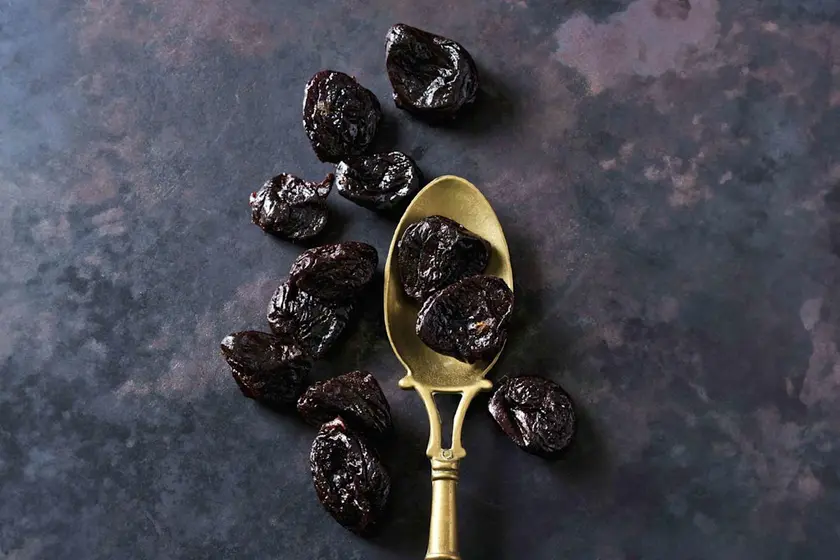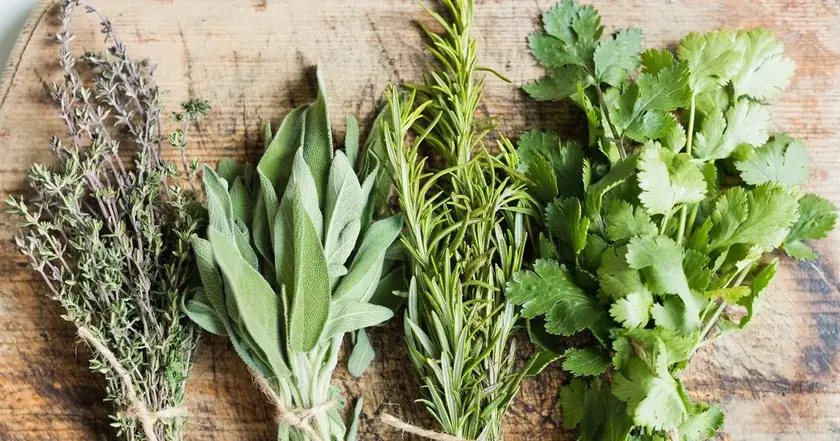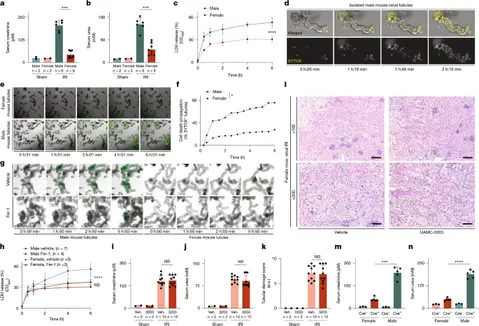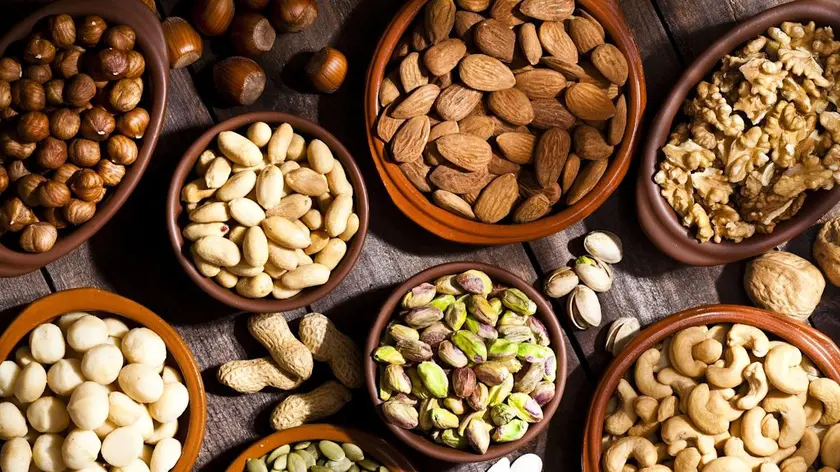T4K3.news
Almonds Linked to Lower Oxidative Damage
New analysis suggests daily intake of about 60 grams of almonds lowers oxidative stress markers and may lower cancer risk.

A new synthesis suggests that daily almond consumption may reduce oxidative stress markers and related DNA damage, with potential implications for cancer risk.
Almonds Shield Cells From Oxidative Damage Linked to Cancer
A synthesis of eight high-quality studies, involving 424 adults, found that consuming about 60 grams of almonds per day reduced markers of oxidative stress. The data show improvements in DNA and lipid damage and stronger antioxidant defenses, suggesting almonds may help the body manage cellular wear and tear. The results varied with how almonds were prepared and the health status of participants, reminding readers that food effects can shift with context.
Beyond lab markers, observational studies link regular nut intake with lower rates of certain cancers, notably prostate cancer, with some signals for colon cancer in women. Experts say almonds are a healthy addition to a balanced diet, but they stop short of broad dietary guidelines until more controlled trials confirm the findings. Practical takeaways include considering almond portions as part of a varied diet rather than a magic cure.
The report also cautions about real-world limits. Higher intake adds calories and fiber, which can cause digestive symptoms for some. Vitamin E toxicity is possible only with very high-dose supplements, and almonds contain oxalates, so adequate hydration is important for those prone to kidney stones.
Key Takeaways
"These findings support almonds as a functional food for oxidation management"
Researchers highlight the mechanism and call for more controlled trials
"Eating roughly 60g almonds daily reduced markers of DNA and lipid damage"
Summary of the study results across eight high-quality studies
"Nutrition science needs to manage expectations and avoid miracle claims"
Editorial caution about sensational coverage
"Vitamin E toxicity is possible only with high-dose supplements"
Note on potential risks when combining almonds with supplements
This study feeds into a long-running debate in nutrition science: how much can a single food move the needle on disease risk? It shows promise but also exposes the complexity of translating lab results into everyday eating. Different almond preparations, study lengths, and participant characteristics all tilt outcomes, so headlines should avoid overclaiming disease prevention.
Media coverage can overstate a snack’s power. Almonds are a nutritious, convenient option, but they are not a cure. A practical takeaway is to treat almonds as one ingredient in a varied, fiber-rich diet that also includes vegetables, whole grains, and regular physical activity. That balanced frame helps readers navigate hype and stay focused on sustainable healthy eating.
Highlights
- Two handfuls a day may guard DNA in small but meaningful ways
- Almonds are useful, not a cure
- Nutrition science needs rigorous trials before guidelines
- Vitamin E toxicity is possible with high-dose supplements
Healthy eating is a long game, and almonds are one piece of the puzzle.
Enjoyed this? Let your friends know!
Related News

Study links ultra-processed foods to lung cancer risk

Prunes offer surprising health benefits

Rosemary shows potential in Alzheimer's treatment

MIND Diet Linked to Brain Health

Erythritol linked to higher stroke risk

Estrogen protects kidneys from ferroptosis

Lithium Levels Hint at Alzheimer’s Path

Experts Warn Against High Animal Protein Intake
